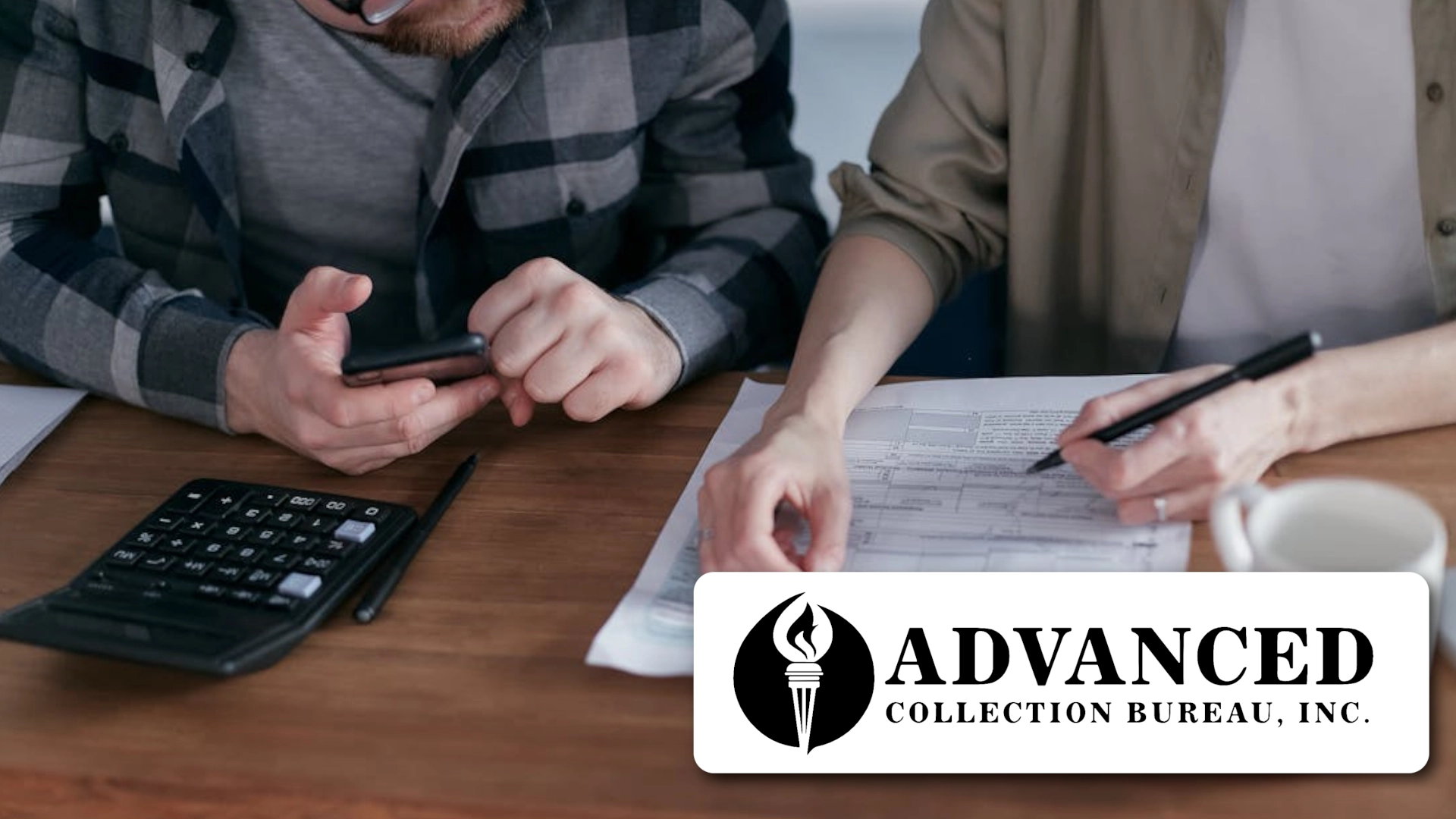The Debt Collective isn’t just another activist group. It’s a growing union of borrowers, many of whom are taking a stand against what they see as an unjust debt system. What began as an offshoot of the Occupy Wall Street movement has turned into a powerful force influencing national conversations about debt forgiveness, financial equity, and consumer power.
For landlords, lenders, or even debt collectors, this movement introduces a shift in how debt is perceived and how people respond to collection efforts. In this blog, we explore what the Debt Collective stands for and what it means for consumers and businesses alike.
A Union of Debtors: What Is the Debt Collective?
The Debt Collective organizes people with debt and encourages collective action, whether through student loan strikes, rent strikes, or public campaigns. Its roots trace back to Strike Debt, a predecessor initiative that purchased millions of dollars in medical and student loan debt and then forgave it.
Their mission is clear: challenge the legitimacy of certain debts, organize people who owe money into unified movements, and push for systemic change in financial policy.
One of the biggest victories the group celebrated was helping to cancel nearly $600 million in student loan debt. That’s not just symbolic. It shows how organized debtors can directly influence both financial outcomes and public policy.
What This Means for Consumers
For the average consumer, the Debt Collective provides resources and tools to understand debt rights, dispute debts, and advocate for forgiveness. They offer forms, guides, and legal templates to help people push back against unfair or unverified claims.
This creates a shift in power. No longer are consumers isolated when facing large lenders or collection agencies. Instead, they are equipped with information and backed by a movement that encourages solidarity over shame.
Consumers are also beginning to use debt strategically, not just as a financial obligation, but as a tool for collective bargaining. Whether it’s through rent strikes or student debt boycotts, people are reframing their debt not as failure, but as leverage.
Implications for Landlords and Collectors
For businesses, landlords, and collection agencies, the rise of movements like the Debt Collective means that traditional methods of collection may not work as they once did. Consumers are more informed. They’re more likely to dispute a debt, demand verification, or take to social media to air grievances about collection tactics.
That’s why a respectful and compliant approach is more important than ever. At Advanced Collection Bureau, we prioritize transparency and professionalism. We believe debt collection should be handled with empathy and accuracy, and we offer twice-monthly credit reporting and advanced skip tracing to ensure our methods remain fair and effective.
This kind of strategy becomes especially valuable when working with consumers who may be involved in debt-related movements. Instead of confrontation, ACB builds trust and encourages resolution.
To see how legal compliance impacts your success rate, read our blog on Debt Collection State Laws You Should Know.
How the Movement Influences Policy
The Debt Collective doesn’t just deal with individual disputes. It aims to influence long-term policy change. Through advocacy and partnerships, they push for reforms like tuition-free college, debt jubilee programs, and reforms to credit reporting.
In fact, many ideas that were once seen as radical—such as large-scale student debt cancellation—have now entered mainstream political discussions. That’s a testament to the movement’s growing reach and influence.
The Future of Debt and Collective Power
We’re seeing the emergence of a new era in how debt is viewed. Consumers are no longer simply borrowers. They’re becoming organized participants in shaping the financial landscape.
Whether or not you agree with the Debt Collective’s approach, it’s impossible to ignore the impact they’re having on how debt is challenged, canceled, and discussed.
If you’re a landlord or creditor, understanding this shift isn’t just useful—it’s necessary. And if you’re a consumer, this movement may offer tools and strategies to better understand your rights.
For those in housing, our article on Tenants Not Paying Rent During COVID may offer helpful context, especially as these movements often intersect with pandemic-related challenges.














